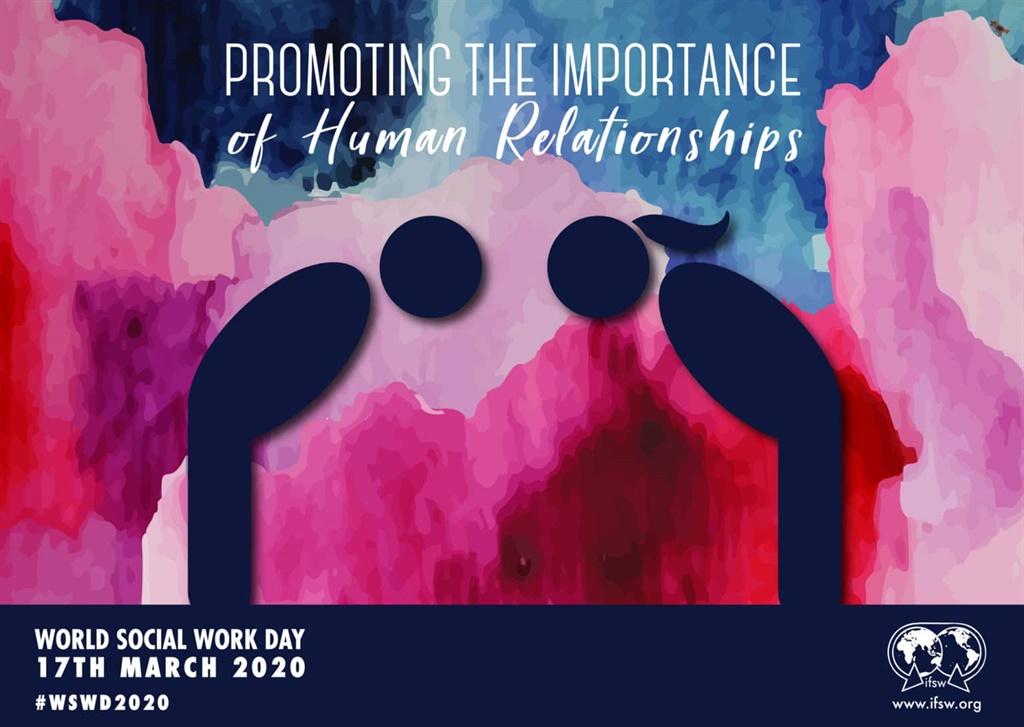
When President Cyril Ramaphosa’s declaration of the 21-day national lockdown in response to the increasing threat of the Covid-19 coronavirus pandemic was government’s intervention in an attempt to disrupt the chain of transmission across the country.
Again on Monday, Ramaphosa informed the nation of the need to further intensify interventions to reduce and prevent further infections. This was just days after several ministers echoed these sentiments, saying: “We are ready to deal with the virus.”
As members of the care sector who are also service providers, we are often confronted with the harsh realities faced by the vast majority of people living in this country. It is evident that we need to expand the parameters of our public health system by emphasising psychosocial factors.
Read: Covid-19: Discontent among community healthcare workers on the frontlines
Public healthcare, access to information, access to water and sanitation, basic nutrition and housing have been the biggest concerns for countries affected by the outbreak, and South Africa is not an exception. With increasing pressure being put on the public health system, we ask the question again: “What does ‘we are ready’ really mean?”
As members of the care sector we are concerned that the approach to combating the spread of the virus appears to be one-dimensional; essentially putting all our eggs into one basket.
A medical approach is undoubtedly crucial for arresting the spread of the virus and treating infected people. However, as social workers we make the argument that collaborative measures across sectors are necessary to flatten the curve of Covid-19 infection.
The government’s introduction of the lockdown is a linear solution applied to the myriad issues facing the country. This intervention has a direct impact on controlling, managing, treating and eventually eradicating the virus.
However, it neglects acknowledgment of the reality that society is beset by several pandemics, such as high levels of violence. The reality is that this virus does not exist in isolation.
A more integrated approach to deal with it would ensure the necessary mechanisms to ensure basic services are provided to individuals while avoiding further infection.
There are consequences to taking a simplified view of the effects that the lockdown has on the country. The danger of divorcing any person from her or his environment is that it will result in a narrow intervention. If we really want to disrupt this chain of transmission and minimise the effects of several other social ills, we cannot afford to omit the psychosocial perspective in the intervention.
The 2020 theme of the International Federation of Social Workers is “Promoting the importance of human relationships”, which reinforces the importance of human relationships, even as a form of intervention.
By ignoring this critical aspect of intervention, we are neglecting several other pandemics, such as an exponential increase in mental problems, an increase in domestic violence against women and children, apparent breakdowns in family and household functioning, and further discrimination against the homeless.
The director-general of the World Health Organisation, Dr Tedros Adhanom Ghebreyesus, is urging global leaders to prioritise and strengthen social work support and relief in order to minimise unintended distress as a result of the lockdown.
The situation in which we find ourselves, as a country and the world, is not “business as usual”. It calls for more integrated interventions that will also prioritise the wellbeing of millions of people by making services within the care sector available, using a multipronged approach.
We need to encourage and promote alternative methodologies to offer our services to seek to bring normalcy during this time of disruption. Our methodology is to bring services to the people. Allow social workers to do what they do best, which is to prevent disruption of relationships. We are definitely ready.
Nkala-Dlamini lectures at Wits University and has extensive experience in HIV-prevention biomedical and behavioural trials, including vaccines and microbicides.
Moutloatse is a feminist social worker currently completing her honours degree at Wits University. She is the founder and chairperson of Black Womxn Caucus, a social movement that advocates against gender-based violence
 | ||||||||||||||||||||||||||
Get in touchCity Press | ||||||||||||||||||||||||||
| ||||||||||||||||||||||||||
| Rise above the clutter | Choose your news | City Press in your inbox | ||||||||||||||||||||||||||
| City Press is an agenda-setting South African news brand that publishes across platforms. Its flagship print edition is distributed on a Sunday. |




 Publications
Publications
 Partners
Partners








